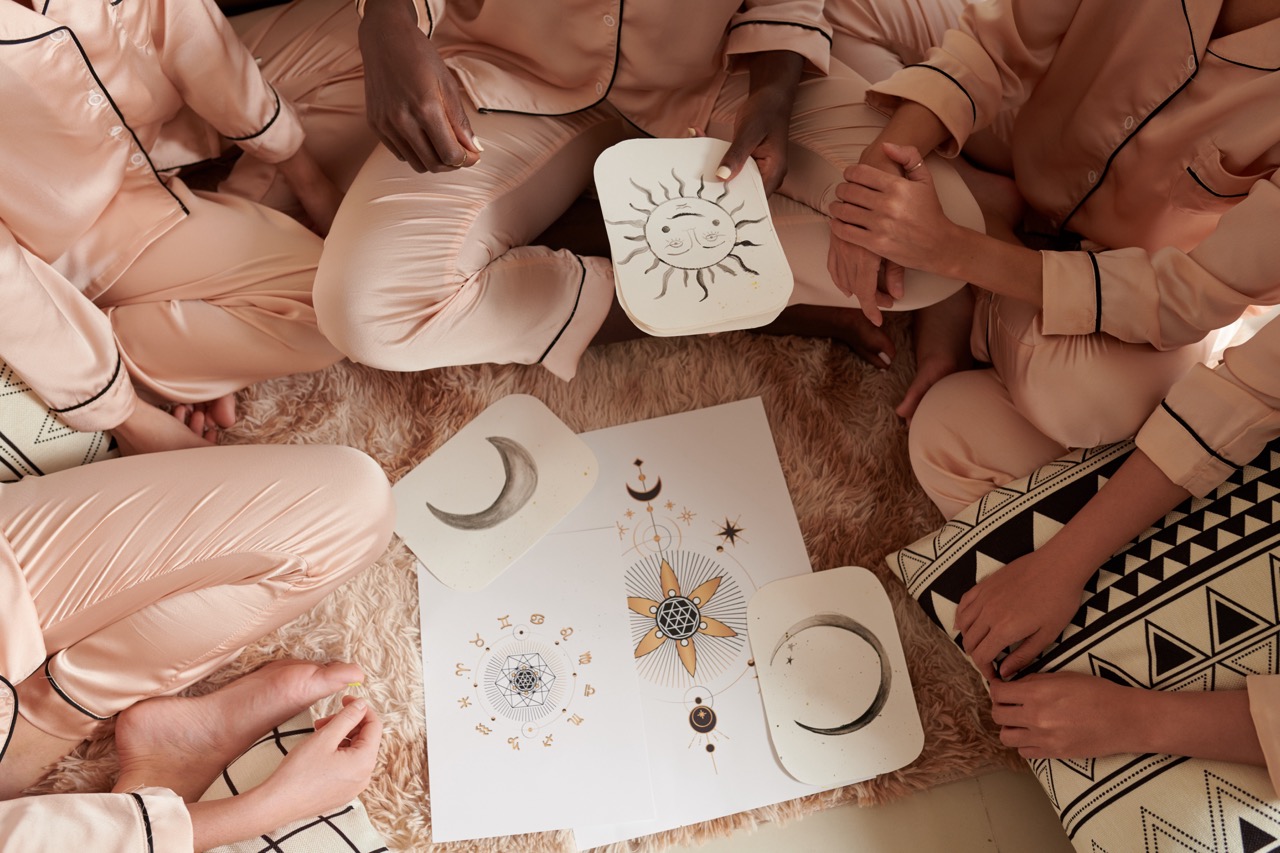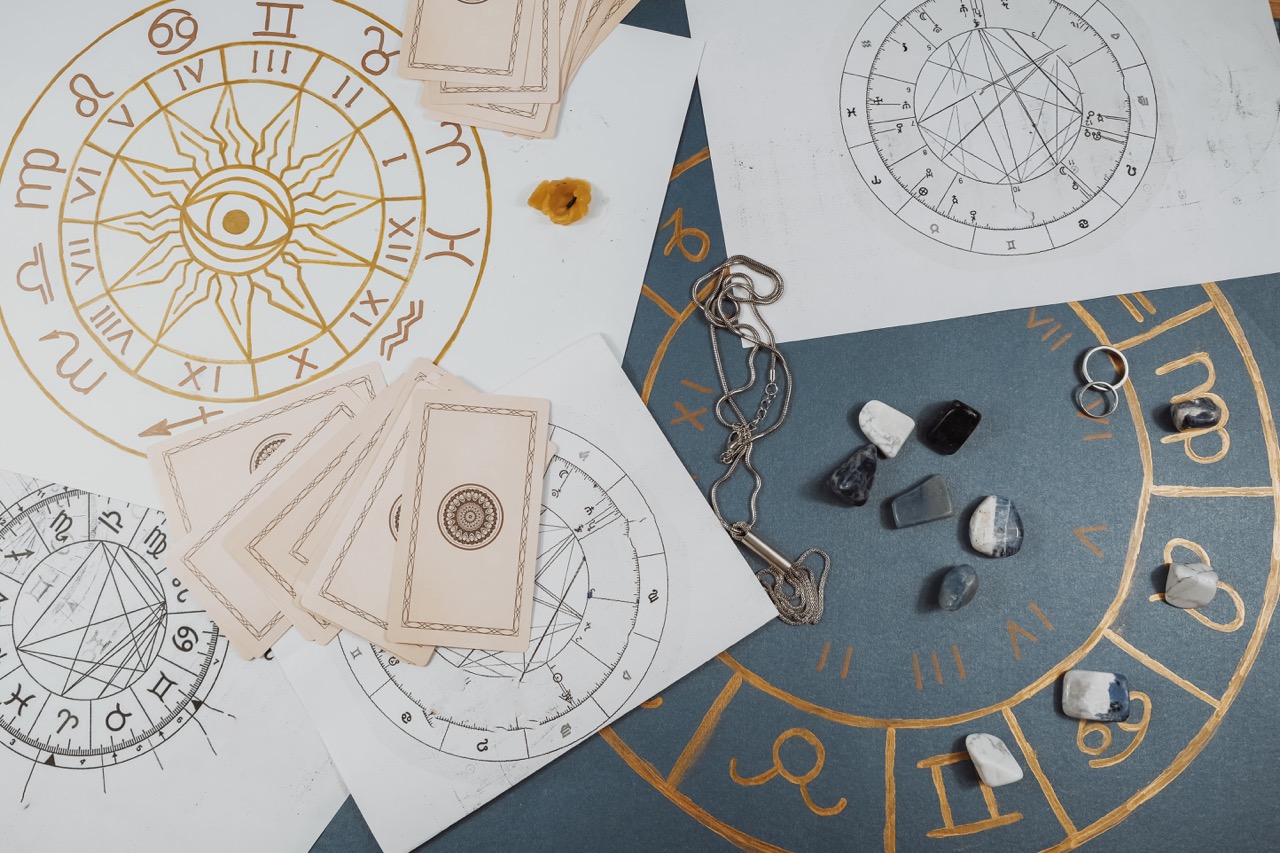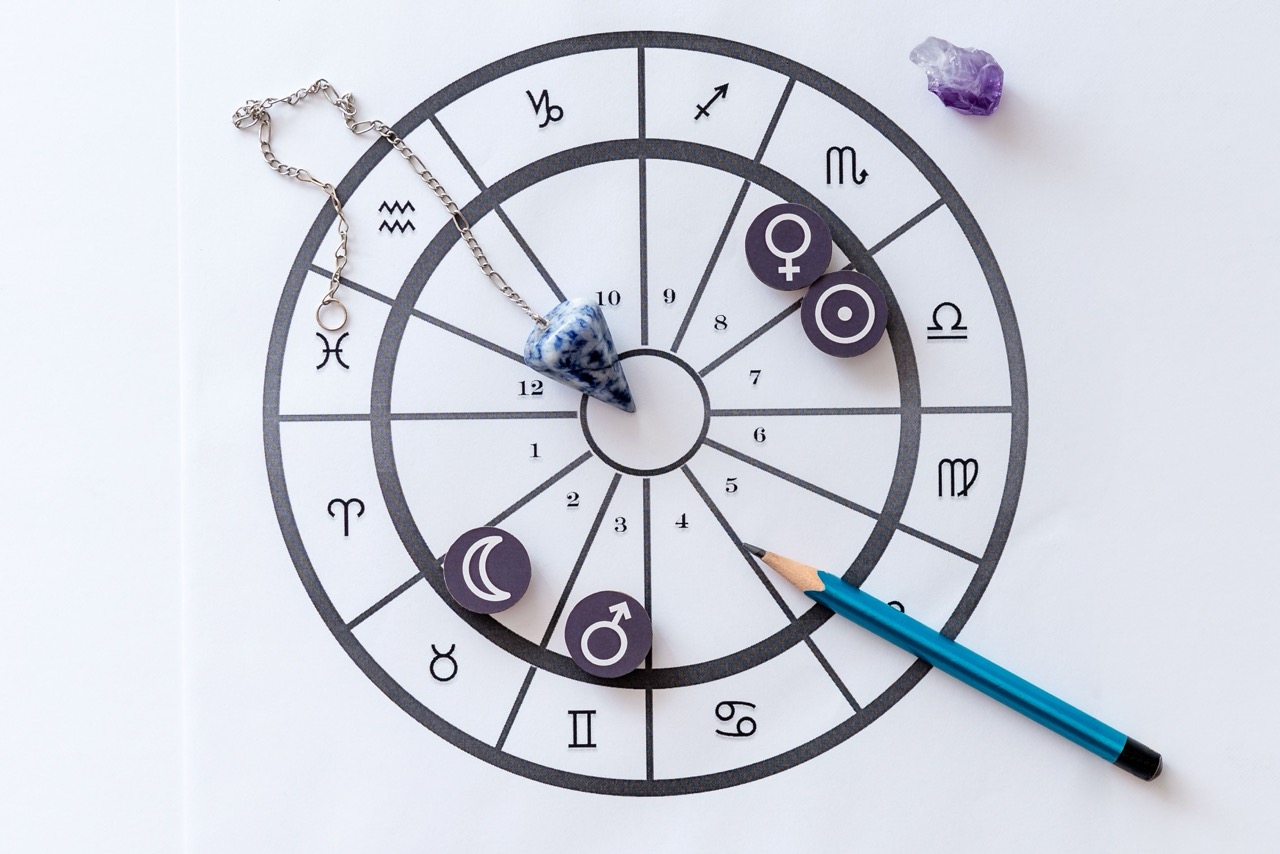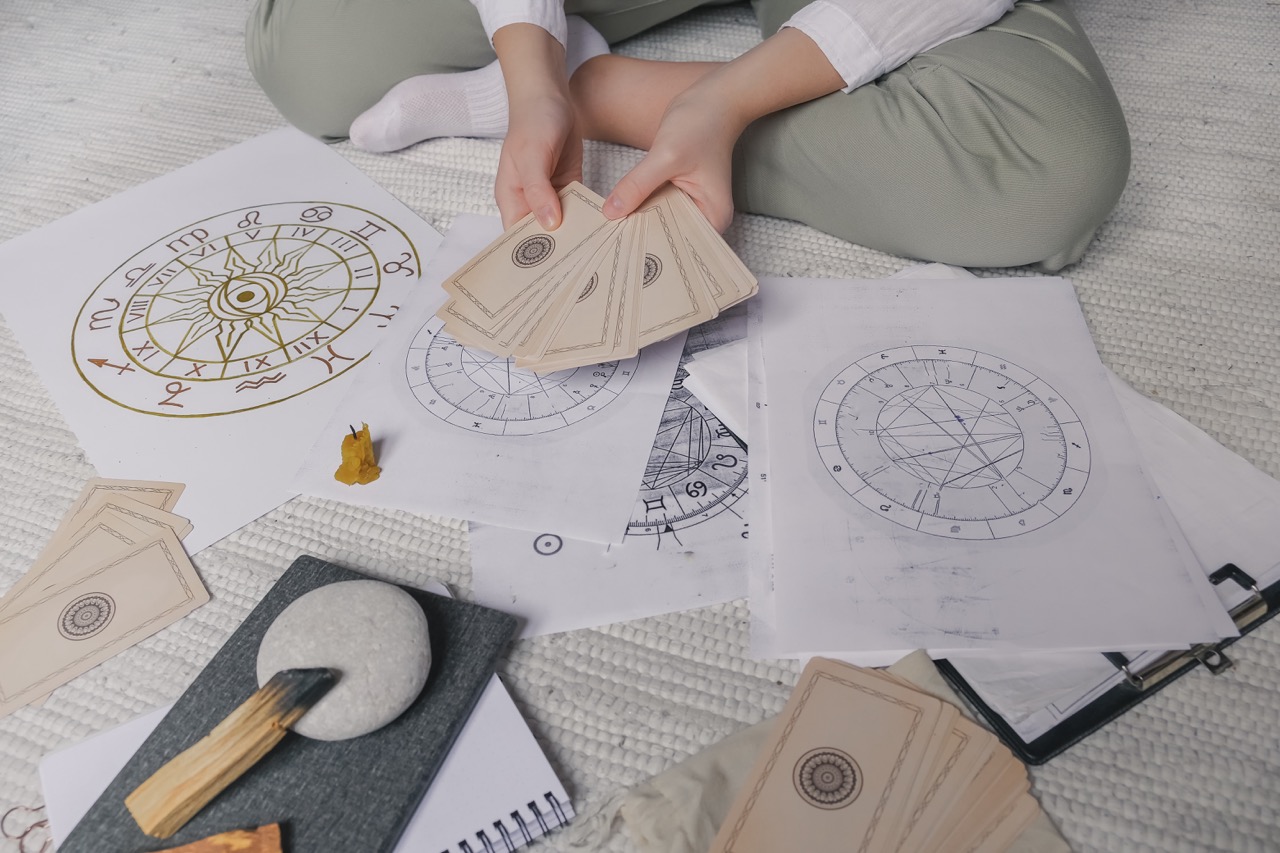Astrology has captivated the hearts and minds of many throughout history, offering insight into human behavior and the mysteries of life through celestial patterns. Yet, amidst this fascination, a substantial group of skeptics stands firm against the belief in astrological predictions and the influence of stars. The divide between believers and skeptics raises intriguing questions about the nature of belief, the impact of personal experiences, and the cultural narratives that shape our understanding of the cosmos. In this exploration, we delve into the reasons why some individuals dismiss astrology, examining the intricate dance between cosmic beliefs and rational skepticism.
The Cosmic Divide: Believers vs. Skeptics in Astrology
At the heart of the debate surrounding astrology lies a fundamental divide: those who embrace its teachings and those who reject them outright. Believers often find solace and meaning in the idea that the universe holds a blueprint of their lives, with celestial bodies guiding their paths. For them, astrology is not merely a set of predictions; it is a language that expresses the connections between personal experiences and the greater cosmos. Many believers recall moments when astrological insights seemed to resonate with their realities, adding legitimacy to their faith in the stars.
Conversely, skeptics view astrology as a pseudoscience, critiquing its lack of empirical evidence and rigorous methodology. For them, the idea that celestial bodies can influence personal destinies appears unfounded. A belief in astrology can seem more like a comfort blanket than a tool for understanding reality, leading to a cautious distancing from its claims. They often rely on logic and scientific reasoning, prioritizing a worldview grounded in observable facts and data over the allure of cosmic destiny.
This cosmic divide is not merely a matter of belief; it also reflects broader philosophical differences in how individuals approach knowledge and understanding. Believers might argue that science is too narrow to encompass human experience, while skeptics assert that without evidence, we are left adrift in a sea of superstition. As the debate continues, it becomes clear that personal experiences and cultural influences shape the beliefs on either side, contributing to a rich tapestry of perspectives on astrology.
Stars and Science: The Clash of Two Perspectives
The scientific community largely dismisses astrology, positioning itself firmly on the side of skepticism. Advocates of science emphasize the importance of evidence, experimentation, and replicability in establishing truths about our universe. With the advent of modern astronomy, the understanding of celestial bodies has evolved, rendering many astrological concepts obsolete. The principles that govern the movement of planets and their interactions are steeped in physics and mathematics, leaving little room for the subjective interpretations often found in astrological readings.
On the other hand, proponents of astrology argue that science is too rigid and that not all knowledge can be quantified or measured. They contend that human experience includes emotional and spiritual dimensions that defy scientific explanation. The belief in astrology often hinges on the idea that the universe is interconnected, and that the positions of celestial bodies at the time of one’s birth can provide insights into character and destiny. For believers, astrology offers a narrative that enriches their lives, even if it does not fit neatly within the confines of scientific inquiry.
This clash between stars and science highlights a deeper philosophical question: what constitutes truth? For skeptics, truth relies on provable facts, while for believers, it may reside in the subjective experiences and insights gained through astrology. As both perspectives communicate and clash, they contribute to an ongoing discourse about the nature of reality, knowledge, and belief.
Personal Experience: Anecdotes That Shape Our Beliefs
Personal experience plays a pivotal role in shaping beliefs about astrology, often transcending rational argumentation. Many believers recount incidents where astrological predictions seemed eerily accurate, serving as a catalyst for deeper exploration into astrology. These anecdotes become powerful testimonies, reinforcing the idea that there is more to life than what can be scientifically observed. For believers, their experiences create a tapestry of meaning that weaves their lives into the cosmic narrative.
Conversely, skeptics also have their own stories, grounded in moments of disillusionment with astrology. Many have tried horoscopes, only to find them vague or irrelevant to their lives. Such experiences lead to a critical examination of astrology’s validity, often prompting individuals to question the methodologies behind astrological claims. For the skeptical mind, these encounters serve as evidence that astrology may be more about coincidence and less about cosmic influence.
This interplay of personal anecdotes illustrates that belief in astrology is not merely a choice but an experience influenced by the narratives we construct around our lives. Whether one finds meaning in the stars or dismisses them as mere stories, the experiences that shape these beliefs are as varied and intricate as the cosmos itself.
The Skeptical Mind: Why Logic Often Prevails
For many, skepticism arises from a logical standpoint, where reason and evidence reign supreme. Skeptics often apply critical thinking to astrological claims, examining them through the lens of scientific inquiry. The absence of rigorous testing and validation serves as a foundation for skepticism, as many believe that astrology lacks the necessary criteria to be deemed a legitimate practice. The reliance on logical reasoning fosters a sense of certainty, leading some to dismiss astrological beliefs as unscientific whims.
Moreover, the rise of the internet and social media has made it easier to access information about astrology and its criticisms. This accessibility allows skeptics to share data, research, and personal testimonials that challenge astrological claims. Online forums and discussions often amplify these voices, creating an echo chamber for skepticism. For those predisposed to logical reasoning, these platforms provide validation for their beliefs and contribute to a growing community of skeptics.
Yet, it is important to recognize that the skeptical mindset is not inherently dismissive; rather, it encourages ongoing inquiry and exploration. For many skeptics, the pursuit of knowledge and understanding is a lifelong journey. They seek to uncover truths about the universe through scientific exploration, leaving astrology as a fascinating but ultimately unproven narrative. This emphasis on logic may overshadow the emotional and spiritual aspects that believers find meaningful, illustrating the complex interplay between reason and belief.
Cultural Influences: How Society Shapes Our Views
Cultural narratives significantly influence how individuals perceive astrology and its validity. In societies where scientific rationalism prevails, astrology is often regarded with skepticism, dismissed as a relic of superstition. Conversely, in cultures where spirituality is deeply woven into the fabric of daily life, astrology can flourish as a respected practice. The cultural lens through which one views astrology often shapes their beliefs and attitudes, creating a rich tapestry of perspectives worldwide.
In recent years, there has been a resurgence of interest in astrology, particularly among younger generations. This trend can be attributed to a societal shift towards seeking meaning and connection in an increasingly complex world. Amidst the challenges of modern life, many individuals turn to astrology as a form of guidance and self-exploration. Social media platforms have played a pivotal role in this revival, fostering communities where astrological insights are shared and celebrated.
However, this resurgence is not without controversy. While some find empowerment and validation in astrology, others critique it as a form of escapism that diverts attention from tangible issues. Cultural narratives surrounding astrology are multifaceted, revealing a spectrum of beliefs that reflect our collective human experience. Ultimately, society’s influence on our attitudes towards astrology underscores the intricate interplay between culture, belief, and the quest for understanding in our lives.
Seeking Truth: The Journey Beyond the Zodiac’s Allure
The quest for truth extends beyond the confines of astrology, prompting individuals to explore a multitude of philosophies and perspectives. For skeptics, this journey often leads them to disciplines grounded in science, logic, and empirical evidence. They seek to unravel the mysteries of existence through observation and understanding, cultivating a mindset that values inquiry over acceptance. This relentless pursuit of knowledge becomes a source of fulfillment, offering a sense of mastery over the complexities of life.
On the other hand, believers find their own paths to truth through astrological exploration. For them, the stories woven into the stars serve as a guide, illuminating their journey through existence. The allure of astrology lies not only in its predictions but also in its ability to foster self-discovery and personal growth. Many believers report a profound sense of connection to the universe, finding solace in the idea that their lives are part of a greater cosmic tapestry.
As individuals navigate their beliefs about astrology, they engage in a continuous dialogue with the universe and themselves. The journey toward understanding is shaped by experiences, anecdotes, cultural influences, and personal reflections. In seeking truth, whether through the lens of skepticism or belief, individuals ultimately forge their own paths—each uniquely adorned with the colors of their perceptions and the stories they choose to embrace.
The divide between believers and skeptics in astrology reflects a broader human quest for meaning and understanding. As we navigate the complexities of existence, our beliefs are shaped by experiences, cultural narratives, and the interplay between logic and emotion. While some find comfort in the stars, others prefer to anchor their understanding in empirical evidence. Regardless of where one stands in this cosmic debate, the journey toward truth—whether through the lens of astrology or rational inquiry—remains an integral part of our shared human experience. Ultimately, it is the stories we tell ourselves, and the connections we forge with the universe, that shape our beliefs and guide our lives.




